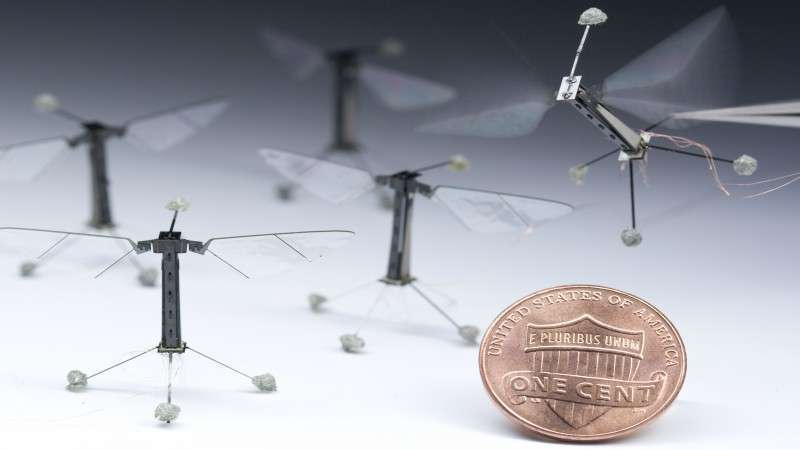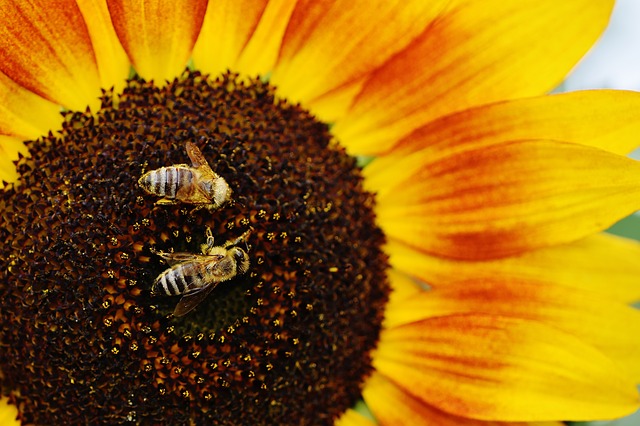To protect bees, a real residence was born in Lombardy to host them
The Bee Hotel Mantova is a special hotel that even children from local schools will help to populate with bees.
No bees, no pollination, no more fruit and vegetables
"If bees disappeared from the face of the earth, man would only have four years of life left". So said the scientist Albert Einstein, Nobel Prize in Physics.
Basically, no bees, no pollination, no more fruit and vegetables. Yet, we struggle to realize it. Few people are alarmed by the decline in the number of bees. Insects, without which, according to the International Union for Conservation of Nature, 20.000 types of flowers would disappear in a few decades. And the availability of plant products would drop dramatically. In practice, goodbye biodiversity.
The Bee Hotel in Mantua: the first in Italy on public land
Last January Clare Gardinazzi, president of the Beekeepers Association Mantovani, has inaugurated a Bee Hotel in the Lombard city. As the name reveals, bee means open. It is indeed a residence for bees. In particular, a residence for solitary insects which, unlike those that produce honey, are not protected by breeders. Therefore they risk being destined to disappear forever.

The Bee Hotel is the first on public land. Inspired by the models popular in Central Europe. It is located in a shady area and close to some lakes. It offers ideal conditions of stay for guests.
The structure of the Bee Hotel is made of wood. 2.20 meters high and 2.50 meters wide. It consists of various hexagons that recall the image of the cells of the hives. Inside the hexagons are positioned bamboo canes, perforated trunks, dry leaves and bark, which recreate the ideal habitats for the different species of bees.
Today the first "tenants" have already arrived. But two hexes are still uninhabited. It will be up to the children of the Mantuan schools to finish the project. In this way, even the little ones will be involved in the defense of the precious pollinating insects.
The Bee Hotel's goal is to raise public awareness of the importance of the species that make 70% of crops destined for human consumption bear fruit. Not to mention that, in general, bees are among the most effective environmental monitoring systems. These insects are bio-indicators, which are living indicators of air quality. By analyzing the residues contained in honey and wax, one can understand the level of atmospheric pollution of a given place.
Unfortunately, the diffusion in the air of insecticides and herbicides represents an extermination factor for these insects. They also risk becoming extinct due to other harmful elements, such as the decrease in space for residential development and climate change, which has made the temperature variations between seasons more marked and frequent.
Drones and robots against the decrease of bees

Scientists are running for cover against the decline of bees. The solution is called RoboBee. It is microscopic drones, developed by the Harvard Microrobotics Lab. They are able to cling to surfaces such as leaves or roofs thanks to an electrostatic mechanism.
A team of engineers from the Warsaw Polytechnic also developed a robotic bee that collects pollen and fertilizes flowers. It's called BDroid, like the famous Star Wars robot. Fertilization takes place thanks to a pad that retains the pollen and deposits it only when its destination has been reached.





